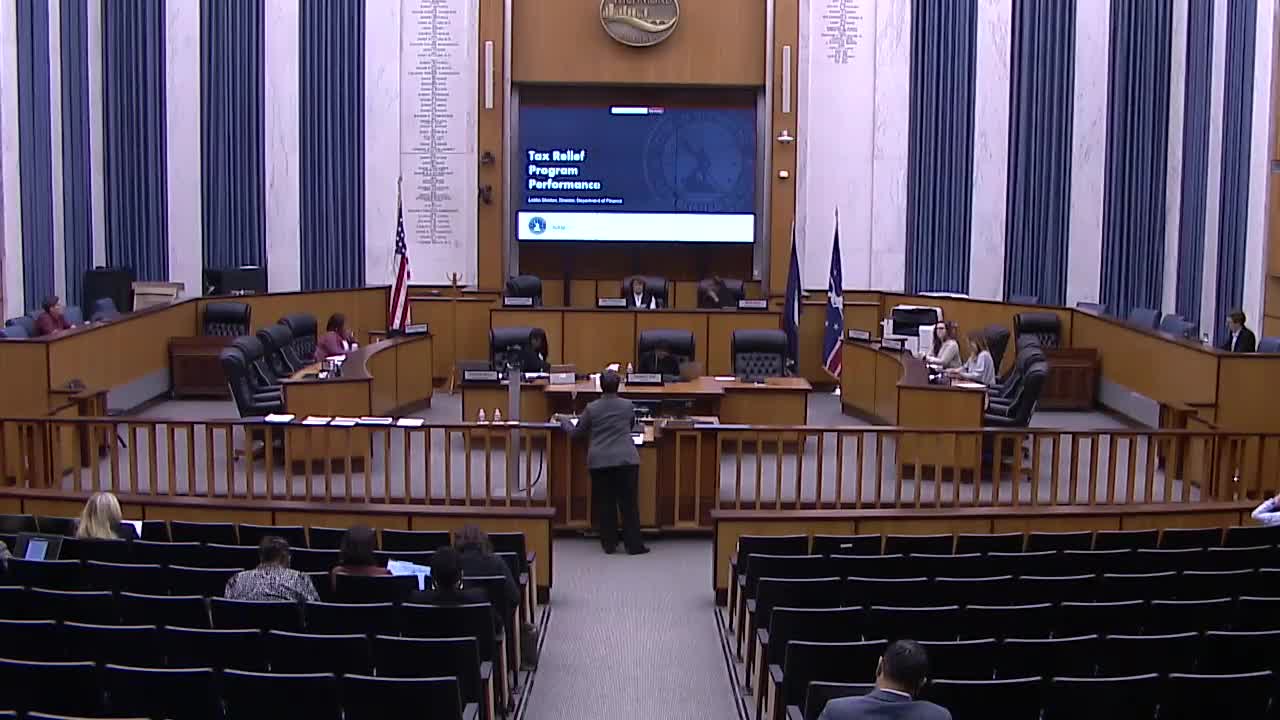Finance staff report backlog in $1,200 GAP grant program; tax-relief programs summarized
Get AI-powered insights, summaries, and transcripts
Subscribe
Summary
Finance staff told the committee that Richmond’s new $1,200 GAP grant program had received 2,337 applications but that processing lagged — only about 200 completed applications had been processed and staff had hired three temporary workers to address a backlog.
The City of Richmond Finance Department presented an overview of tax-relief programs and the newly adopted GAP (income-based household assistance) grant program and told the committee of implementation challenges and a processing backlog.
Leticia Shelton, director of finance, said City Code 2024‑272 added a GAP grant section to the code. The program provides a one‑time, income‑based household grant of $1,200 to eligible applicants; applications were accepted through Dec. 31, 2025, and the program budget is $3.9 million. Shelton said the Real Estate Division — budgeted for 10 positions but with four vacancies — administers the program and initially had one staff member processing applications, which created a backlog.
Shelton reported to the committee that the city had received 2,337 GAP applications to date; approximately 200 had been processed, about 975 remained unprocessed and about 1,100 applications were closed for incomplete documentation or because applicants did not reside in the city. Staff said they have hired three temporary employees to work through the backlog and that they will continue to process received applications until the allocated funding is exhausted.
The presentation also summarized other tax-relief and exemption programs: the older‑adults and persons‑with‑disabilities program (tax freeze and exemption), a real-estate exemption for qualifying veterans and surviving spouses (309 exempt properties reported), and the state-administered personal property tax relief program (state reimbursement cap and city allocation). Shelton told the committee that eligibility rules and application instructions are available on the city’s website and that staff would provide additional breakdowns on program utilization and budget impacts at the committee’s request.
Committee members raised questions about eligibility thresholds, the number of incomplete applications, outreach and whether applicants received confirmation notices; staff said they would provide more detailed counts distinguishing applicants who were ineligible due to residency from those whose applications remained incomplete and said they would provide follow-up information on outreach and processing timelines.
